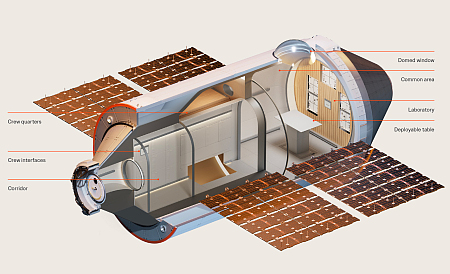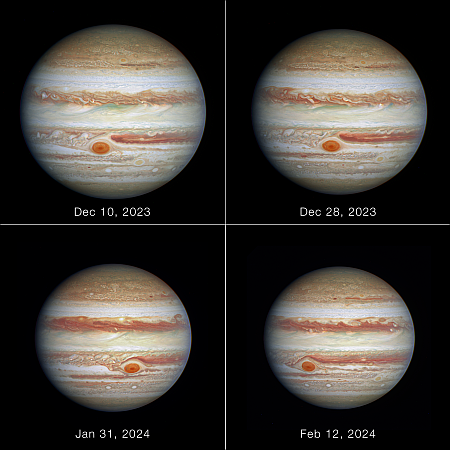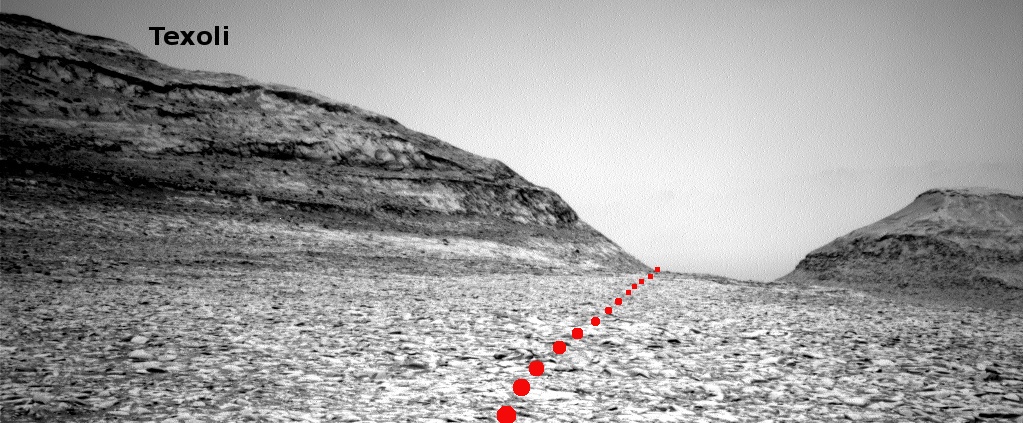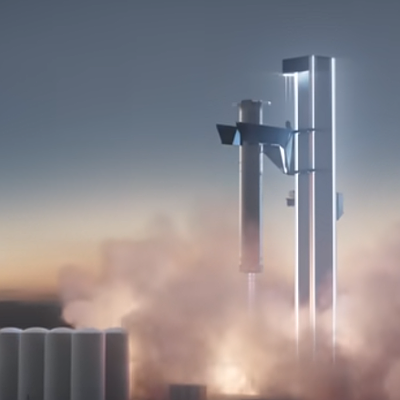Arianespace sets December 3, 2024 for the next Vega-C launch
Arianespace today announced that the next Vega-C launch is now scheduled for December 3, 2024, the first in more than two years since a launch failure in 2022.
The failure was caused by a design flaw in the rocket’s upper stage engine nozzle. In attempting to fix the problem, the first redesign failed as well during a static fire test in 2023. The second redesign has now passed all engine tests.
This launch — of a European Space Agency (ESA) radar satellite — is being managed by Arianespace, the commercial arm of ESA that is presently being phased out. Beginning late next year the rocket’s manufacturer, Avio, will regain complete control of its rocket and will be able to market it internationally, no longer required to deal with this unneeded government middleman. Expect the launch price to drop at that point to make Vega-C more competitive.
Arianespace today announced that the next Vega-C launch is now scheduled for December 3, 2024, the first in more than two years since a launch failure in 2022.
The failure was caused by a design flaw in the rocket’s upper stage engine nozzle. In attempting to fix the problem, the first redesign failed as well during a static fire test in 2023. The second redesign has now passed all engine tests.
This launch — of a European Space Agency (ESA) radar satellite — is being managed by Arianespace, the commercial arm of ESA that is presently being phased out. Beginning late next year the rocket’s manufacturer, Avio, will regain complete control of its rocket and will be able to market it internationally, no longer required to deal with this unneeded government middleman. Expect the launch price to drop at that point to make Vega-C more competitive.















